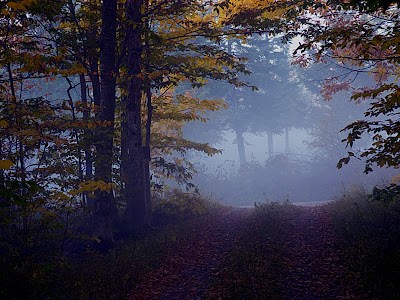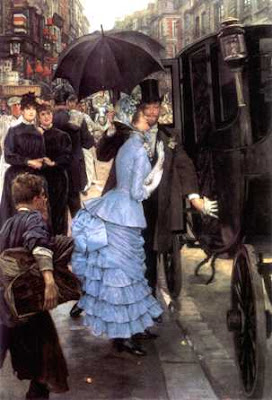 (To F. E. D.)
(To F. E. D.)Come again to the place
Where your presence was as a leaf that skims
Down a drouthy way whose ascent bedims
The bloom on the farer's face.
Come again, with the feet
That were light on the green as a thistledown ball,
And those mute ministrations to one and to all
Beyond a man's saying sweet.
Until then the faint scent
Of the bordering flowers swam unheeded away,
And I marked not the charm in the changes of day
As the cloud-colours came and went.
Through the dark corridors
Your walk was so soundless I did not know
Your form from a phantom's of long ago
Said to pass on the ancient floors,
Till you drew from the shade,
And I saw the large luminous living eyes
Regard me in fixed inquiring-wise
As those of a soul that weighed,
Scarce consciously,
The eternal question of what Life was,
And why we were there, and by whose strange laws
That which mattered most could not be.







